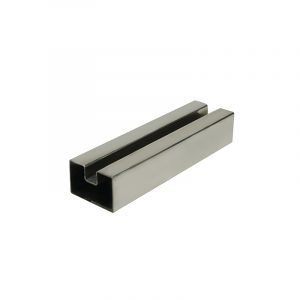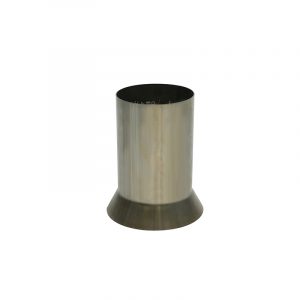In the realm of industrial manufacturing, it is estimated that over 2 million tons of stainless steel are produced annually, with a significant portion attributed to suppliers specializing in 304 stainless steel pipes. This staggering figure underscores the critical role these suppliers play in various sectors, including construction, automotive, and food processing. Understanding the legal and regulatory attributes governing these suppliers is essential for ensuring compliance and maintaining industry standards.
The Characteristics of 304 Stainless Steel Pipe Suppliers
Overall, 304 stainless steel pipe suppliers operate within a complex framework of legal regulations that dictate their production processes and product quality. These regulations encompass safety standards set by organizations such as ASTM International and ISO (International Organization for Standardization), which ensure that products meet specific criteria for durability and corrosion resistance. Furthermore, monitoring and reporting requirements are integral to maintaining transparency in operations; they mandate regular assessments to verify compliance with environmental laws and material specifications.
HengXing Steel’s Monitoring and Reporting Requirements
HengXing Steel exemplifies adherence to stringent monitoring and reporting requirements within its operational framework. The company implements comprehensive tracking systems that document every stage of production—from raw material sourcing to final product delivery. Regular audits are conducted to assess compliance with both national standards (such as those enforced by the Environmental Protection Agency) as well as international guidelines pertinent to stainless steel manufacturing. Additionally, HengXing maintains detailed records on emissions levels during production processes, thereby demonstrating accountability in its environmental impact management.
The Features of 409 SS Tubing Supplier Regarding Monitoring and Reporting Requirements
The following points outline key characteristics related to monitoring and reporting requirements for 409 ss tubing suppliers:
- Compliance Audits: Regular internal audits ensure adherence to established safety protocols.
- Sustainability Reports: Annual sustainability reports detail efforts made towards reducing carbon footprints.
- Chemical Composition Tracking: Continuous monitoring ensures materials used comply with health regulations regarding chemical compositions.
- Error Reporting Mechanisms: Established procedures allow quick identification and rectification of any discrepancies found during inspections.
- User Feedback Systems: Implemented channels facilitate customer feedback on product performance relative to regulatory expectations.
A Conclusion on Monitoring and Reporting Requirements for 304 Stainless Steel Pipe Suppliers

This exploration into the legal frameworks surrounding 304 stainless steel pipe suppliers reveals an intricate web of monitoring and reporting obligations designed not only for compliance but also for fostering trust among stakeholders. By adhering strictly to these requirements—exemplified through companies like HengXing Steel—suppliers can assure customers about their commitment toward quality assurance while simultaneously addressing environmental concerns inherent in metal fabrication industries. Ultimately, understanding these dynamics enhances our appreciation for the diligence required in this sector’s operations.
